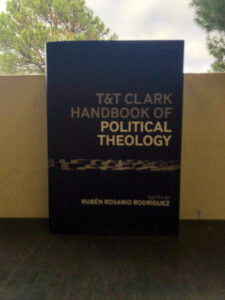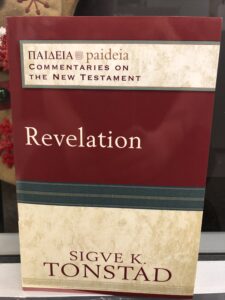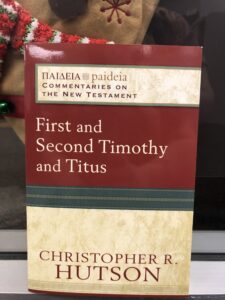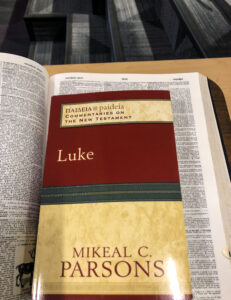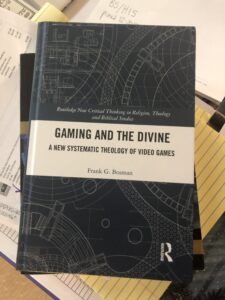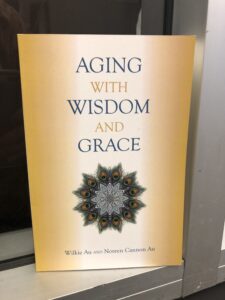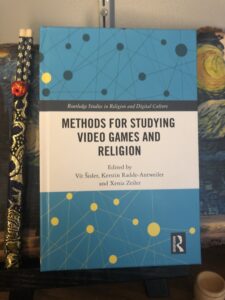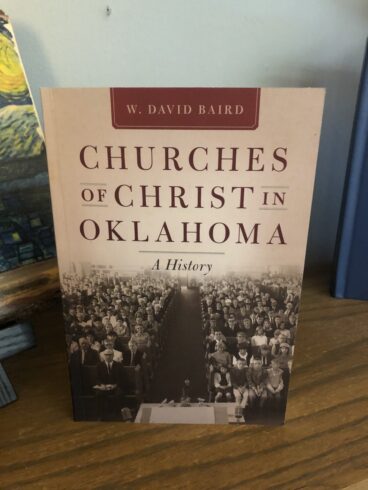 In the 1950s and 1960s, Churches of Christ were the fastest-growing religious organization in the United States. The churches flourished especially in southern and western states, including Oklahoma. In this compelling history, historian W. David Baird examines the key characteristics, individuals, and debates that have shaped the Churches of Christ in Oklahoma from the early nineteenth century to the beginning of the twenty-first century.
In the 1950s and 1960s, Churches of Christ were the fastest-growing religious organization in the United States. The churches flourished especially in southern and western states, including Oklahoma. In this compelling history, historian W. David Baird examines the key characteristics, individuals, and debates that have shaped the Churches of Christ in Oklahoma from the early nineteenth century to the beginning of the twenty-first century.
Beginning with an account of the Stone-Campbell movement, which emerged along the American frontier in the early 1800s, and continuing with how the members of this movement first came to Oklahoma, Baird highlights the role of two prominent missionaries during this period. He then describes the second generation of missionaries who came along during the era of the Twin Territories, prior to statehood.
In 1906, as a result of disagreements regarding faith and practice, followers of the Stone-Campbell Movement divided into two organizations: Churches of Christ and Disciples of Christ. Baird then focuses solely on Churches of Christ in Oklahoma, all the while keeping a broader national context in view. Drawing on extensive research, Baird delves into theological and political debates and explores the role of the Churches of Christ during the two world wars.
As Churches of Christ grew in number and size throughout the country during the mid-twentieth century, controversy loomed. Oklahoma’s “Churches of Christ argued over everything from Sunday schools and the support of orphan’s homes to worship elements, gender roles in the church, and biblical interpretation” (xii). And nobody could agree on why church membership began to decline in the 1970s, despite exciting new community outreach efforts.
This history by an accomplished scholar provides a solid background and new insight into the question of whether Churches of Christ locally and nationally will be able to reverse course and rebuild their membership in the twenty-first century.

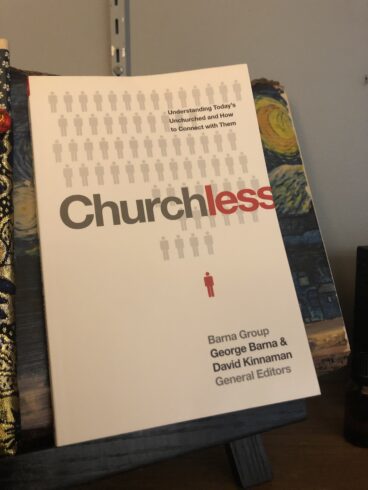 In Churchless, David Kinnaman and George Barna shine a spotlight on today’s culture and reveal the surprising reasons why church avoidance is on the rise—and a hopeful analysis of what to do about it.
In Churchless, David Kinnaman and George Barna shine a spotlight on today’s culture and reveal the surprising reasons why church avoidance is on the rise—and a hopeful analysis of what to do about it.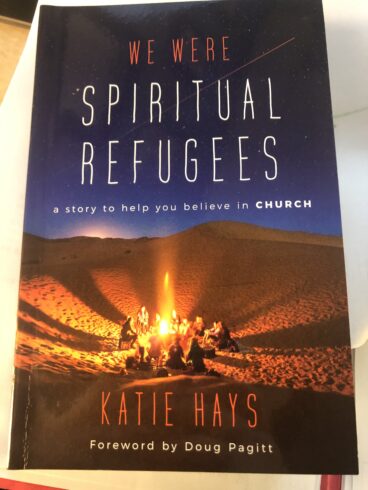 In We Were Spiritual Refugees, she shares the story of departing the traditional church for the frontier of the spiritual-but-not-religious and building community with Jesus-loving (or at least Jesus-curious) outsiders. Galileo church “seeks and shelters spiritual refugees” in the suburbs of Forth Worth, TX. Told in funny, poignant, and short vignettes, Galileo’s story is not one of how to be cool for Christ. Like its founder, Galileo is deeply uncool and deeply devout, and always straining ahead to see what God will do next. Hays says curiosity is her greatest virtue, and she recounts learning how to share the good news with people who are half her age and intensely skeptical.
In We Were Spiritual Refugees, she shares the story of departing the traditional church for the frontier of the spiritual-but-not-religious and building community with Jesus-loving (or at least Jesus-curious) outsiders. Galileo church “seeks and shelters spiritual refugees” in the suburbs of Forth Worth, TX. Told in funny, poignant, and short vignettes, Galileo’s story is not one of how to be cool for Christ. Like its founder, Galileo is deeply uncool and deeply devout, and always straining ahead to see what God will do next. Hays says curiosity is her greatest virtue, and she recounts learning how to share the good news with people who are half her age and intensely skeptical.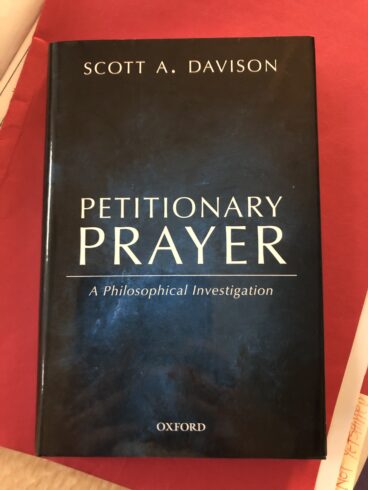 Scott A. Davison became more doubtful later in life. Wondering if the prayers he sent to God when they were answered if it was really God. He “started to wonder if the truth might be more complicated, and this drove [him] deeper into theological and philosophical studies” (2). Thus the seeds for the book, Petitionary Prayer: A Philosophical Investigation, were planted.
Scott A. Davison became more doubtful later in life. Wondering if the prayers he sent to God when they were answered if it was really God. He “started to wonder if the truth might be more complicated, and this drove [him] deeper into theological and philosophical studies” (2). Thus the seeds for the book, Petitionary Prayer: A Philosophical Investigation, were planted.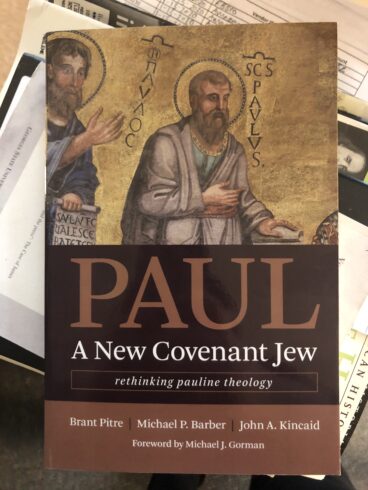
 Yet, the stories that come out of the Church of Christ tradition are important and valuable. Through satire and humor, Perry C. Cotham colorfully brings to life these practical insights about church life in general and pulpit ministry specifically. He presents a unique view of authentic Christian men and women and the joys, pains, and serendipities they experience along their faith journey.
Yet, the stories that come out of the Church of Christ tradition are important and valuable. Through satire and humor, Perry C. Cotham colorfully brings to life these practical insights about church life in general and pulpit ministry specifically. He presents a unique view of authentic Christian men and women and the joys, pains, and serendipities they experience along their faith journey.